
Taiwan Poll Results Signal DPP Lead, Challenging China’s Unification Plan
The latest poll survey on Taiwan’s key presidential election indicating a clear lead for the incumbent Democratic Progressive Party (DPP) presidential candidate, has come as a major setback for China.
Conducted soon after a breakdown in talks between the main opposition Chinese Nationalist Party (KMT) and Taiwan People’s Party (TPP) over a united ticket for the January election, the poll survey showed clear lead for the DPP candidate William Lai with 31.4 percent, followed by TPP candidate Ko Wen-je with 27.3 percent and KMT candidate Hou You-yi slightly behind with 26.6 percent. The survey findings are significant for China in particular because it views Taiwan as a breakaway province. China has been making all efforts militarily, diplomatically and economically to unify Taiwan into the mainland.
The poll for the key presidential post due in January has become extremely crucial for people of Taiwan but also China. Taiwanese voters will have the chance to reset the island’s fraught relationship with China, and cool down one of the world’s key geopolitical flashpoints.
But for China it will be a make-or-break situation. If poll survey projection becomes a reality, then that would undermine China’s long-held goal of reuniting Taiwan with the mainland and establishing its dominance in the region.
Explaining the meaning of the poll survey, experts said that a majority of Taiwanese people supported autonomy and distance from China’s influence. This would pose an obstacle to China’s aspirations of reunifying Taiwan with the mainland. It also meant that there was a growing sense of Taiwanese national identity, distinct from that of mainland China. That has reinforced the notion of Taiwan as a separate entity, further complicating China’s unification agenda. Lastly, The DPP’s stance on Taiwan’s independence has aligned more closely with the US’s position of “strategic ambiguity” regarding Taiwan’s status. A DPP victory would mean consolidation of US-Taiwan ties and increase in US support for Taiwan’s defense capabilities.
Meanwhile, Vice President William Lai, the Democratic Progressive Party’s (DPP) presidential candidate, and his running mate, former representative to the US Hsiao Bi-khim in the campaign rally called January’s election a fight for the survival of the country. Addressing the rally, Lai said that Taiwan has followed the right path under President Tsai Ing-wen over the past seven years, and the nation needs a leader who will keep it moving forward, Lai said.In a TV interview, Hsiao responded to concerns from opposition parties that keeping the DPP in power would lead to war with China, saying that all Taiwanese advocate peace and war would never be considered an option. At another rally, the KMT’s presidential candidate said the DPP was resorting to ideological manipulation in its campaign.
Election experts, however, do not rule out the possibility of China increasing its influence over the poll campaign and voters. Meanwhile, Taiwan is taking all steps to stop Beijing from influencing the crucial presidential election. Reports emanating from Taiwan indicated that it has been targeting “communist spies” who have been making efforts to influence the presidential election as the island’s relationship with Beijing will depend on the ballot. The fear is that China’s “spies” do not just steal secrets but also help shape public opinion to garner support for China.
According to an AFP report, as many as 10 former and current Taiwanese military officers have been indicted on spying charges for China. Four officers were accused of handing over “multiple items of military secrets” to Beijing in lieu of money while three were accused of recruiting active-duty servicemen to collect military information to “develop a network for China”, the Taiwan High Prosecutors’ Office said in a statement. The other two officers, both on active duty, partook in shooting a “psychological warfare” video for Beijing. In the video, they both could be heard saying: “I am willing to surrender to the People’s Liberation Army”, AFP reported.
In the last 10 months, Taiwanese authorities have reportedly cracked down on “communist spies” as Beijing has intensified its espionage strategy. and expanded beyond elite military circles. Retired air force colonel Liu Sheng-shu was sentenced to 20 years in prison in October for running a military spy ring for Beijing. Apart from Liu, five other officers, ranging from navy to air force were jailed for six to 20-years period.
At least 16 people have been accused of spying for China since the start of the year, compared with the 44 espionage cases registered by Taiwan’s Ministry of Justice Investigation Bureau between 2013 and 2019. Experts and Taiwanese officials say espionage is one of many ways in which China has tried to interfere or exert influence on the island. Experts do not rule out the possibility of China attempting to meddle in the elections through cyberattacks in the days to come.
Both Taiwan and China have been spying on each other since 1949, when Chinese nationalists set up a separate government in Taipei opposing Mao Zedong’s communist China.

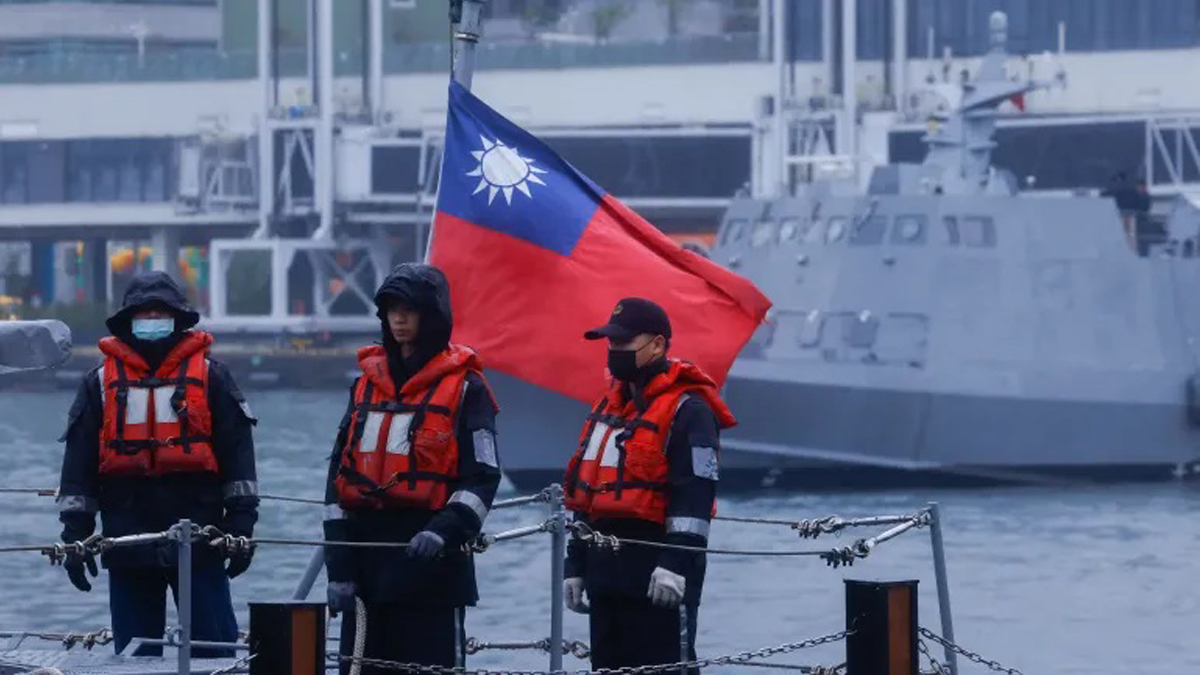
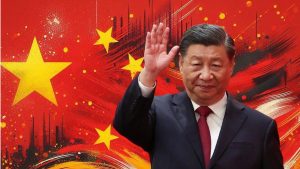


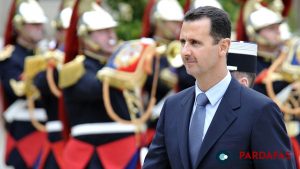
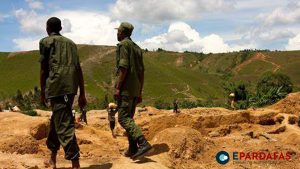
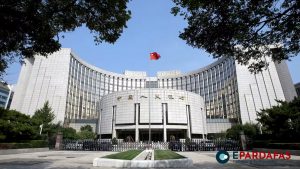





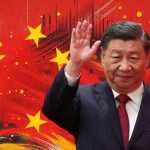
Comments